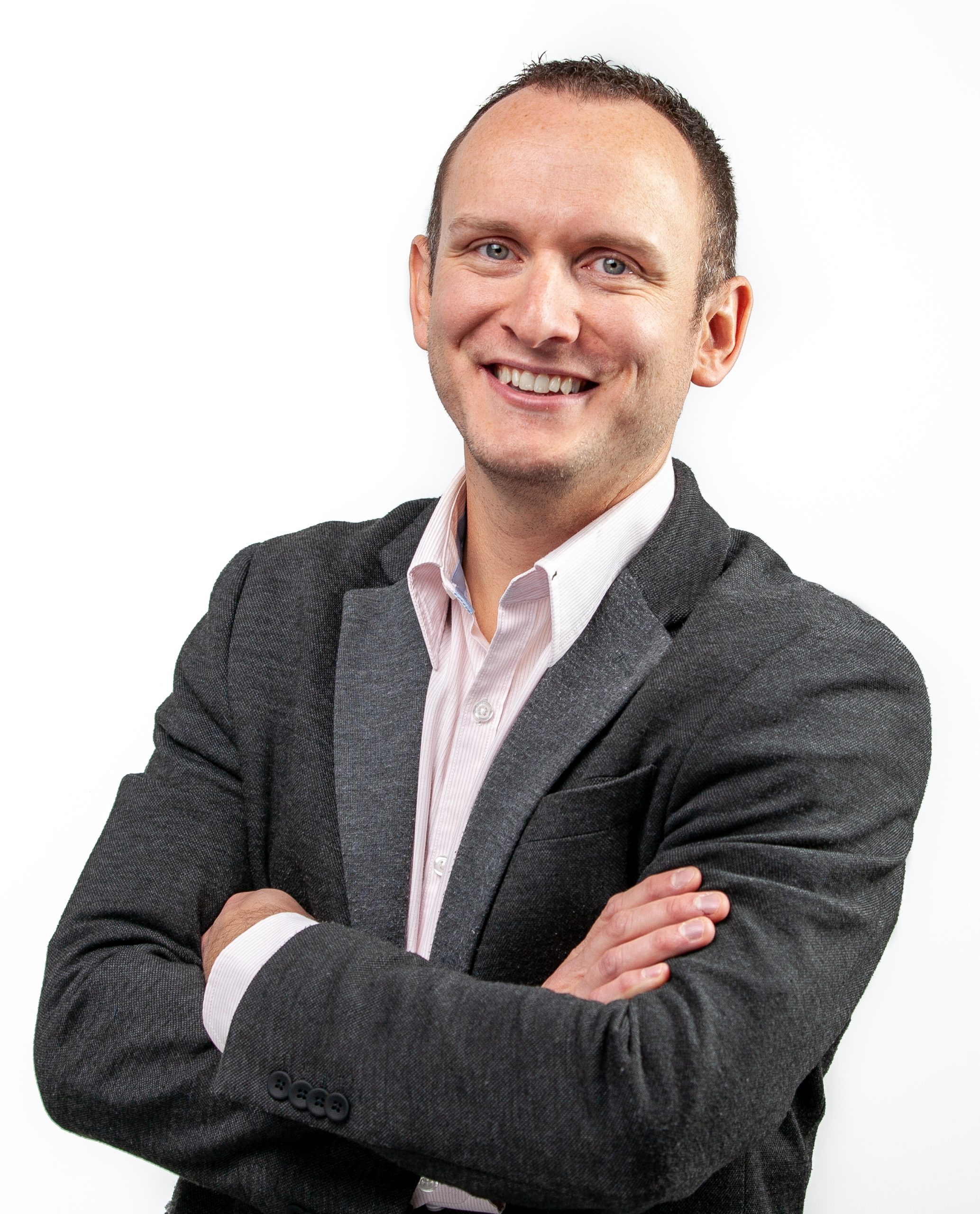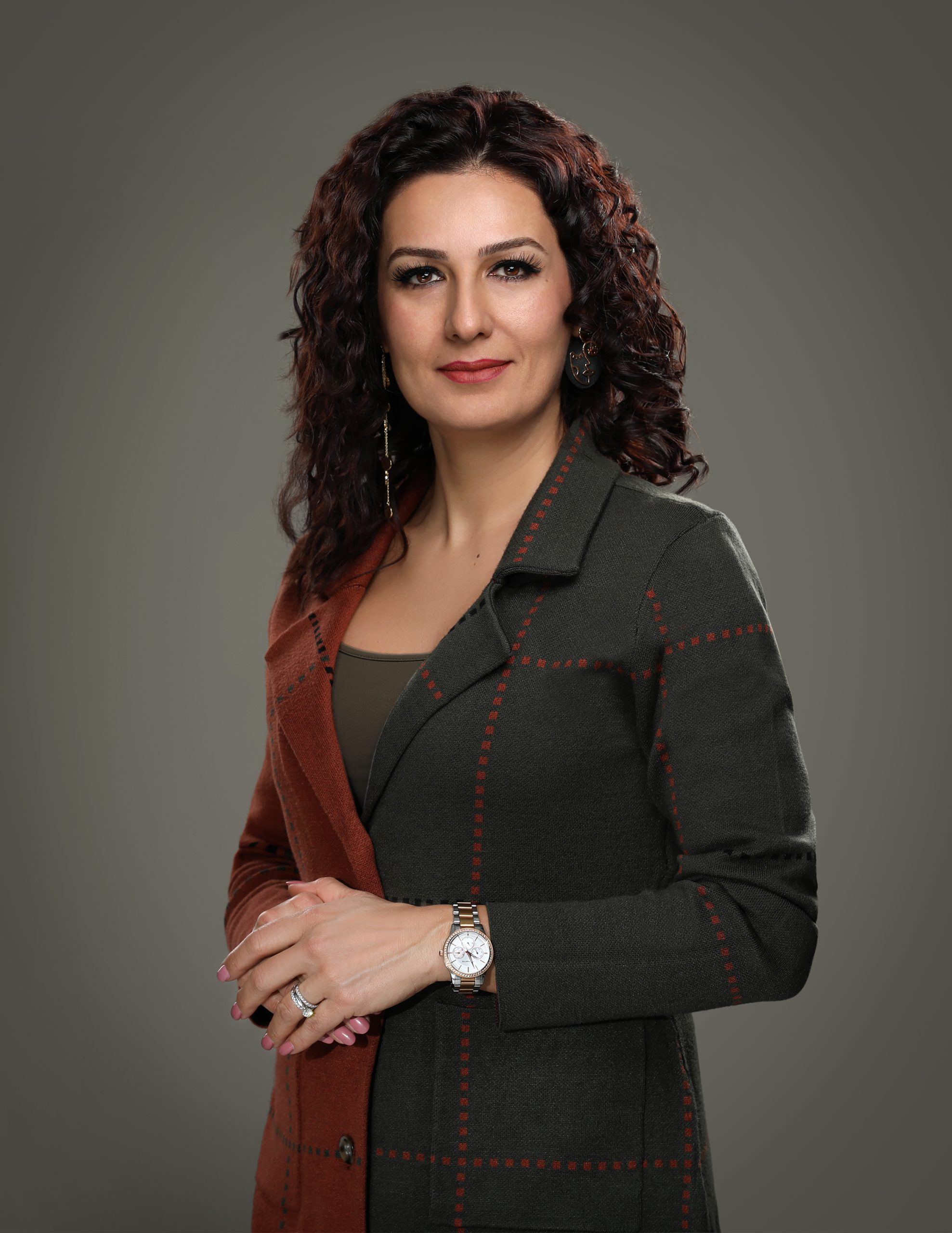Since Ali Najaf moved from Pakistan to Vancouver as a student in 2012, he has earned a degree, landed a job in human resources, and gotten married.
Now, the 30-year-old says he’s ready to purchase his first property in his adoptive homeland, but there’s a problem; as a practising Muslim, Najaf cannot collect or pay interest, barring him from traditional mortgage products.
In fact, since he arrived in Canada, Najaf has kept all his earnings in a checking account and paid every credit card bill on time and in full to avoid paying or collecting interest, a common practice among devout Muslims in Canada.
“In Islam, we have been taught from a young age that it’s forbidden to pay interest,” he says. “We want to buy a home, but most major banks charge interest, so there’s a dilemma.”
Najaf, who hopes to purchase a home in Vancouver before the end of the year, says his options for doing so are limited.
While there are lenders who will structure mortgages in a way that avoids collecting interest — often referred to as “halal mortgages” — those niche products are not offered by major banks, typically cost more, and often require a larger down payment.
“There are small organizations that offer plans, but I’m more comfortable talking to bigger banks, because they have a brand and a reputation, and it’s easier to deal with them,” he says. “Those [Islamic financial] companies are asking for a minimum payment of a 20% deposit, because it’s a different finance model.”
Najaf, however, says he was encouraged to see halal mortgages referenced in this year’s federal budget. In it, the Government of Canada said it is “exploring new measures to expand access to alternative financing products, like halal mortgages,” adding “this could include changes in the tax treatment of these products or a new regulatory sandbox for financial service providers, while ensuring adequate consumer protections are in place.”
“When the government said they were going to look at more plans to promote halal mortgages, that was something a lot of people got excited about; people who never thought they could buy a home,” Najaf says.
How halal mortgages work
Halal mortgages seek to take interest out of the equation in accordance with Shariah law. According to Saskatoon-based mortgage broker Conrad Neufeldt, there are three kinds of halal mortgages: Musharaka, Ijara and Murabaha.

Musharaka is a co-ownership agreement between the client and the financial institution whereby both parties maintain legal ownership of the property, and the occupant earns a higher ownership stake as they make scheduled monthly payments.
“With that one you can’t go through traditional banks because the risk component is quite large,” Neufeldt said.
He adds that this kind of agreement can cause challenges if the property value drops, if the tenant misses a payment, or if the financial institution — which technically owns the property — refuses to sell.
Ijara, another form of halal mortgages, is structured as a rent-to own agreement, wherein the property is purchased by a trust, which then leases it to the customer, with those payments contributing towards eventual ownership. This structure too often runs into complications, however.
“Because of the renting and taxation component; that just doesn’t jibe well with Canadian regulation,” Neufeldt says.
The third option, which is offered by some Islamic financial institutions in Canada, is called Murabaha, which is structured as cost-plus financing.
“It basically means the bank is buying it and then they are selling it back to you at a higher cost, but there’s all sorts of complications with that too, like title transfer taxes — particularly in Ontario,” Neufeldt says. “There are all kinds of capital gains problems with it too, because the bank is buying it at a lower value and selling it at a higher value.”
Why halal mortgages remain scarce in Canada
Neufeldt adds that even those that can acquire a halal mortgage typically have to put 20% down, and often end up paying a higher price to own their homes in the long run.
“Right now, halal mortgages definitely cost more, because there’s not a lot of competition, and there are a lot of extra risks — regulatory and taxation wise — that make them more cost prohibitive than a regular mortgage,” he says.
“If more players were to enter the market, if taxation codes and federal regulations were to somehow align to make this more doable and more advantageous, I don’t think it would become more expensive, and it is conceivable that we can get to the point where it is equal,” he adds.
While he believes the announcement will be welcome news to the 5% of the Canadian population that practices Islam, Neufeldt doesn’t believe a halal mortgage will be offered by Canada’s major banks anytime soon.
“This is done in other countries — it’s not like Canada would be the first to roll out a halal mortgage — so we have frameworks we can emulate from other countries,” he says. “I sincerely hope we do see halal mortgages; I just don’t see them happening realistically for another two to five years.”
Mixed reactions to halal mortgages
Others, however, aren’t convinced that the introduction of more financing options labelled as halal-friendly is ultimately beneficial to Canada’s Muslim community.
In fact, Zahra Alavi, a Muslim mortgage agent for Real Mortgage Associates based in Richmond Hill, ON, says it could ultimately inspire some to take on more expensive financing products unnecessarily.

“There’s a huge population of Muslim people that are new to Canada, and with the lack of information [they have about mortgage products], putting the label of a ‘halal’ mortgage will attract them, but it will rip them off and cause problems,” she says. “This is nothing beneficial for Muslims or any religious people; I think this is just about getting votes from the huge Muslim community for the Liberals.”
Alavi adds that the government could have used a different label to encourage banks to offer the same kinds of products, like “reverse mortgages” or “rent-to-own.”
By adding a religious affiliation, she worries that non-Muslims will consider it discriminatory, and practising Muslims will feel pressured to take on a more expensive product, simply because its labelled “halal.”
Alavi, who used to work at a major bank where she often served Muslim clients, says there are much simpler solutions that don’t require new product categories or complicated workarounds.
“When I was working in the banking industry, I was trained to use different words for the Muslim community members who wanted to build their credit, but could not get credit cards or any kind of credit product because they have to pay the interest, and now the federal government is using the same approach,” she says.
“Instead of a monthly mortgage payment, which includes ‘interest’ and ‘principal,’ the client had to pay a ‘fee’ or ‘monthly rent,’” she added. “The client was making the same payment — often paying more — but they just used different words in order to make it Halal.”
She explains that there are countless practising Muslims in Canada that have traditional mortgages and worries that if a more expensive “halal” product became more commonplace, it would create a stigma for those in her community that choose a different option.
“If the federal government labels something halal, of course people will think the rest isn’t halal,” she says. “As someone who studied business, who has been in the industry for 18 years, I don’t think this is going to be beneficial for the Muslim community in the long run; it will only cause problems.”
